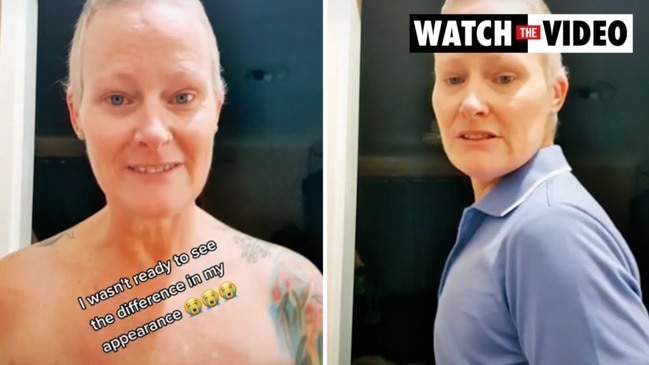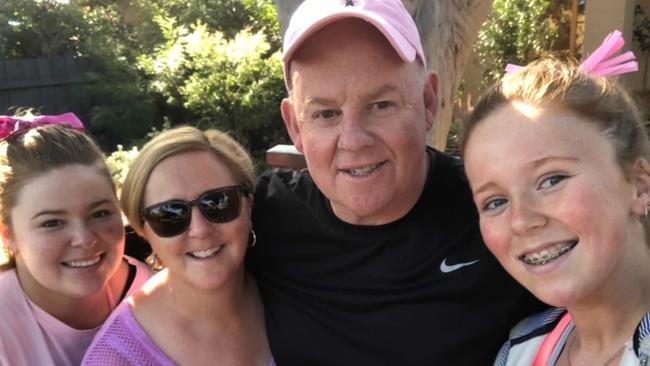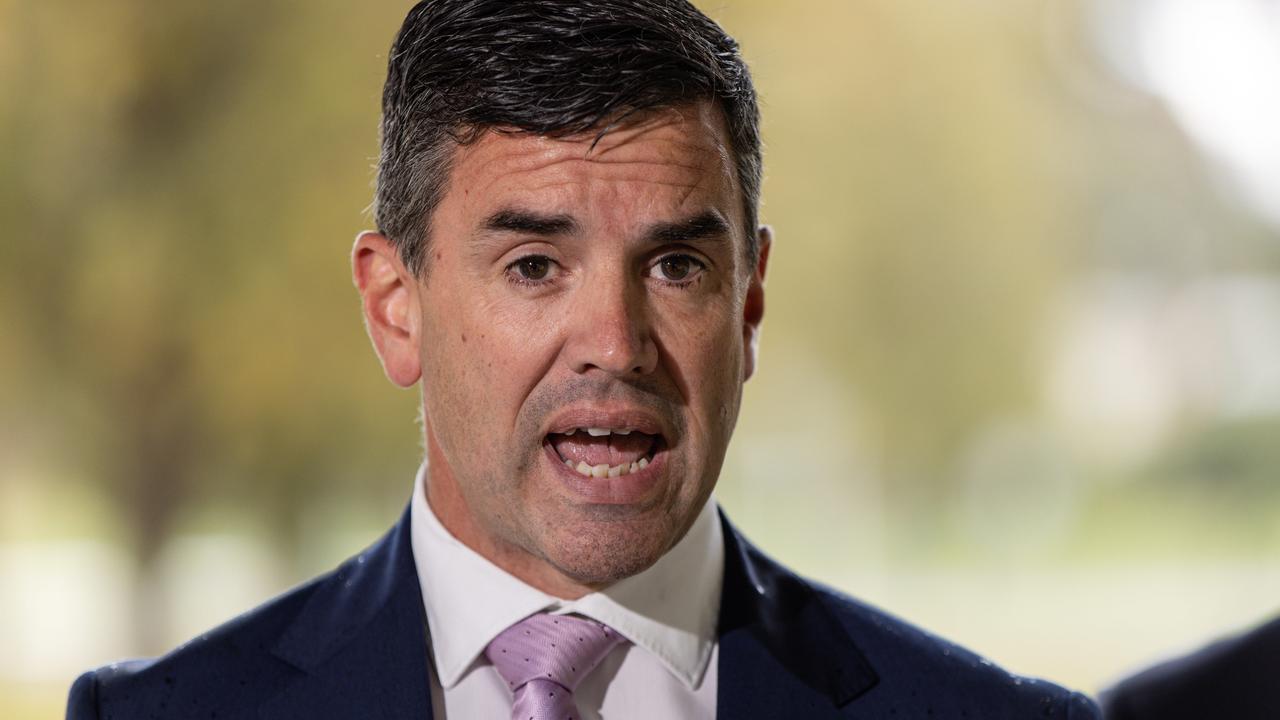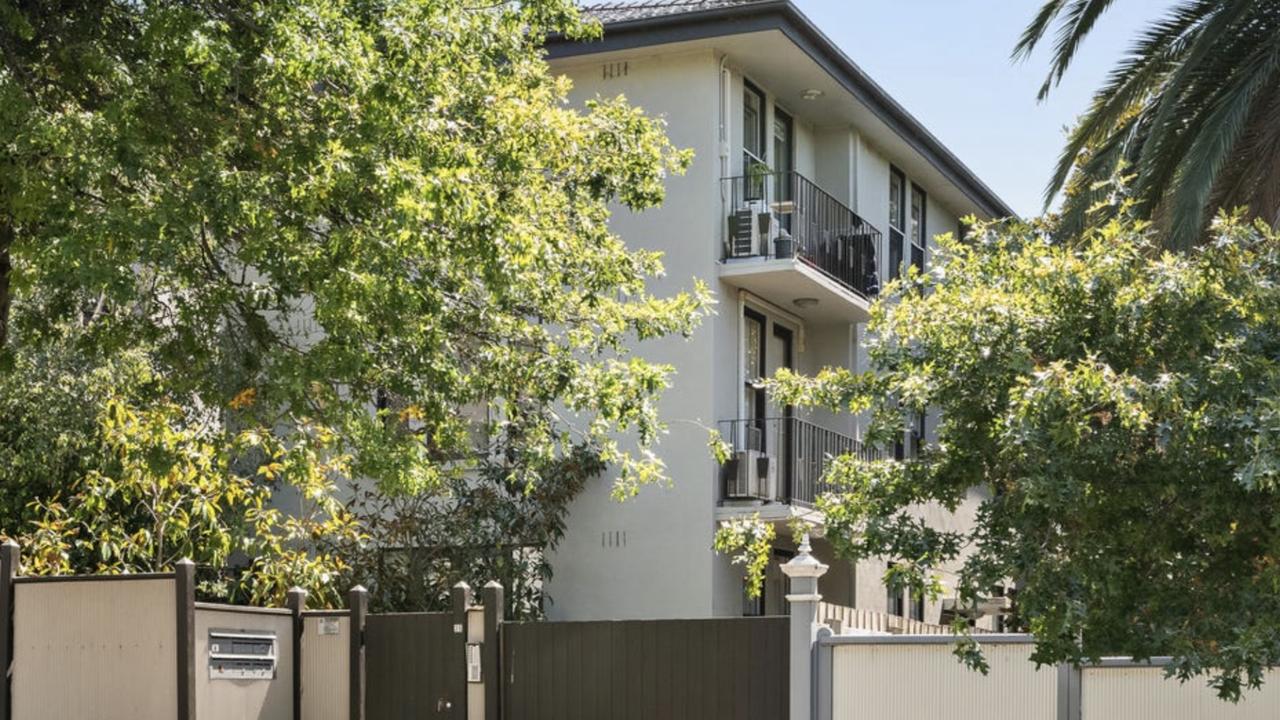Incredible way scientists saved women from repeat cancer
Scientists trawling through old breast cancer blood samples have been able to save hundreds of women from having to face the horror disease again.

News
Don't miss out on the headlines from News. Followed categories will be added to My News.
Scientists trawling through tens of thousands of old breast cancer blood samples have been able to save hundreds of Victorian women from having to face the horror disease again.
After scanning genetic samples stored in their new Biobanking Victoria facility, Monash University scientists have not only uncovered new breast cancer-causing mutations, but have also used the breakthroughs to prevent fresh cases.
First launched in 2020, the Clayton biobank contains 4.5 million biological samples and is already supporting six clinical trials ahead of its official opening by Innovation Minister Jaala Pulford on Monday.
One of the most critical has been a study led by Melissa Southey that re-examined data from 30,000 breast cancer patients dating back to the 1990s and identified new cancer-causing mutations hidden in their DNA.
In about one in 10 of those cases, Prof Southey’s team found genetic factors not known when the patients were first diagnosed – such as the PALB2 or the recently discovered CHEK2 mutations.
“We now have a number of other genes we can test for with new technology that does provide really helpful information about the risk and how to manage it,” Professor Southey said.

“We went back to all those DNAs and retested them for all the genes we know about today, which included PALB2, and we found that about 3 per cent carried PALB pathogenic variants.
“Most people were really pleased to hear that there was an explanation for their predisposition and gave them an opportunity to be much more targeted in their prevention strategies.”
After agreeing to donate a blood sample after her 2016 breast cancer treatment, Cassandra Keogh thought nothing more of it.
A year later, the Beaumaris mother received a surprise call to let her know one of the recently discovered cancer mutations was present in her blood, giving her a chance to avoid a repeat cancer.
“They had discovered the PALB2 mutation – it gives you a 65 per cent chance of developing breast cancer and increased risk of ovarian and pancreatic cancer,” Ms Keogh said.
“So I quickly had my ovaries removed and then had a double mastectomy in 2019.”
Ms Keogh is one of more than 6000 breast cancer patients who have had stored samples reanalysed so that they can be alerted to new dangers.
As well as having to take her own extreme pre-emptive measures, Ms Keogh said she feared at first that she had passed on the risk to her daughters, aged 22 and 16, and her 20-year-old son.
“I now feel so confident that my children – and my children’s children – will have early surveillance and will not have to go through brutal treatment,’’ she said.




